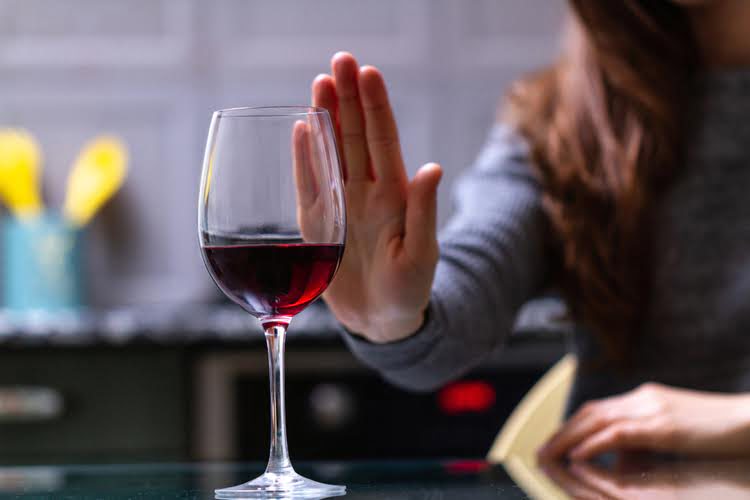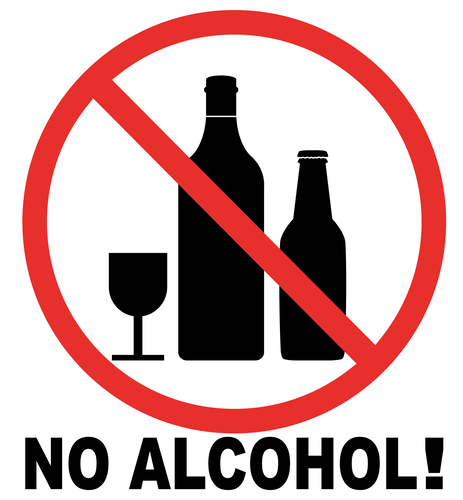You might spend extra money on booze, rather than shared activities with your partner or family. To the loved ones of someone with a drinking problem, it might always look like the alcohol comes first. Below, learn about the effects of alcohol on relationships, along with six signs that drinking might be impacting yours.
The Recovery Village cherry Hill at Cooper
It is probably time to reach out for some sort of treatment in this case. When you use alcohol to relax or reward yourself, it creates a strong association in your brain between alcohol and pleasure. Eventually, your brain can adapt to crave alcohol in order to feel good, even despite negative consequences. When someone starts drinking in order to feel happy, their partner may see this change as a reflection on themselves, and internalize that their partner is unhappy in their relationship. If there are underlying issues in the relationship, drinking to feel happy can also prevent these issues from coming to the surface and getting resolved.
Lifestyle
- You may have alcohol use disorder (AUD), which is a common health condition.
- Below we discuss how alcohol can disrupt your most important relationships.
- Hiding your drinking from a loved one is a common sign that your habits have become unhealthy.
- This might mean setting boundaries, seeking your own treatment and support, or making difficult decisions about what you’re willing to accept in your relationship.
- But when alcohol use disorder enters the picture, that safe harbor can quickly become a storm-tossed sea of confusion, pain, and uncertainty.
You’re navigating a triangle that includes alcohol as a silent but influential presence. Dr. Michael Sayette’s research at the University of Pittsburgh discovered that alcohol disrupts what psychologists call “emotional contagion.” That’s our natural ability to sync emotionally with others. When we drink, we become less attuned to our partner’s feelings, less empathetic to their needs, and more likely to misinterpret their intentions. If you’re ready to experiment with a life that’s more connected, more compassionate, and free from alcohol’s impact, sign up for Annie Grace’s free Masterclass. This class can help you gain clarity on how alcohol might be affecting your relationships and show you the way forward. The good news is that recovery is possible, both for people with alcohol use disorder and for their loved ones.
Family members, romantic partners, children, and even close friends find themselves caught in a web of complicated emotions, behaviors, and survival strategies. The truth is, alcoholic behavior in relationships creates a ripple effect that touches every aspect of family life, from intimate relationships to the broader family unit. Understanding these dynamics isn’t just academic—it’s essential for anyone hoping to find their way back to healthier ground.
Alcohol can greatly increase the chance of aggressive behavior in some people and often plays a role in intimate partner violence. Get therapy and medical care—just $25 with insurance, no hidden fees— for alcohol recovery, depression, everyday illnesses, and more. Nearly a third of U.S. adults have a period of problem drinking at some point during their lives (1). The negative effects of heavy alcohol use typically aren’t limited to just the person drinking.
Drunk People On Cruise Ships: A Growing Concern
- After stepping off a stage in Windsor, England, a friend had to tell me I’d lost my spark.
- This is because it can adversely affect your hormones, emotional well-being, and overall health.
- When we show up more present, more emotionally available, and more genuine in our interactions, our relationships naturally begin to flourish.
- This was especially true in cases where the partner refused to acknowledge an issue or get help.
Relationships are supposed to be our safe harbor, the place where we find comfort, understanding, and unconditional support. But when alcohol use disorder enters the picture, that safe harbor can quickly become a storm-tossed sea of confusion, pain, and uncertainty. The bottom line is that it can cause more arguments, hurt intimacy, and make a person unable to fulfill their role at home. But drinking too much can also take a toll on your friendships, family relationships, and even how you interact with your colleagues at work.
Get Screened For Alcohol Use Disorder (AUD)
It’s never too early to reflect on your relationship with alcohol or seek outside guidance. We often think about how drinking can affect our romantic relationships, but may not consider how it affects our friends and family. More specifically, a parent’s drinking can significantly impact their child. However, if a parent struggles with alcohol use disorder, it can cause instability in the household, and harm parent-children bonds. The Adverse Childhood Experiences Study shows that children of parents with a substance use disorder are more likely to experience physical and mental health problems throughout their life. For family members, the stress of living with someone who has an alcohol addiction can lead to their own mental health issues.
Family Dynamics and Children
You deserve connections built on authentic presence, genuine communication, and real trust. The question isn’t whether you have a “drinking problem.” It’s whether alcohol is preventing you from being the most connected, present version of yourself in your relationships. Think about how alcohol affects relationships through the lens of cortisol, our stress hormone.
You might notice money going missing, bills being neglected, or your alcoholic partner becoming defensive when questioned about spending. The effects of alcohol on relationships can mean more conflicts in general. For instance, a worried husband may voice his concerns when he sees his wife pouring wine after work every day.
Increased Risk of Domestic Violence
Oar Health offers medication FDA-approved for the treatment of alcohol problems. Drinking can affect a person’s ability to earn a living, or they may make impulsive, economically unsound decisions while drinking that leave them and those they care for in a vulnerable position. Men who drink too much may have trouble getting and maintaining an erection. Over an extended period of time, drinking too much can lead to impotence in men and impaired fertility in women. Join an organization, attend a support group, or get professional help if you lack supportive people in your life.
Alcohol misuse can affect relationships with partners, family members, co-workers, and others. Some stress relief strategies work fast (deep breathing), while others take time to be effective (eating a healthy diet). A number of helpful techniques, such as deep breathing and meditation, are fast-acting tools that you can do anywhere, anytime.
While alcohol can negatively impact your relationship, it’s important to remember that we are not our drinking habits. With time and support, relationships can heal and grow authentically without alcohol. There’s no shame in needing outside support to help you change your how to tell when alcohol is affecting your relationships drinking habits. In fact, experts advise that the more resources you engage with, the more likely you are to achieve long-term success. At Monument, we offer treatment options like medication to stop drinking and virtual alcohol therapy. You also join moderated alcohol support groups and our anonymous community forum.
This is followed by the drinking episode, which might provide temporary relief but ultimately creates more problems. Identifying alcoholic behaviors in your relationship isn’t always straightforward, especially when dealing with a high-functioning alcoholic who maintains their job and social facade. However, certain patterns consistently emerge when alcohol becomes a problem in intimate relationships.







